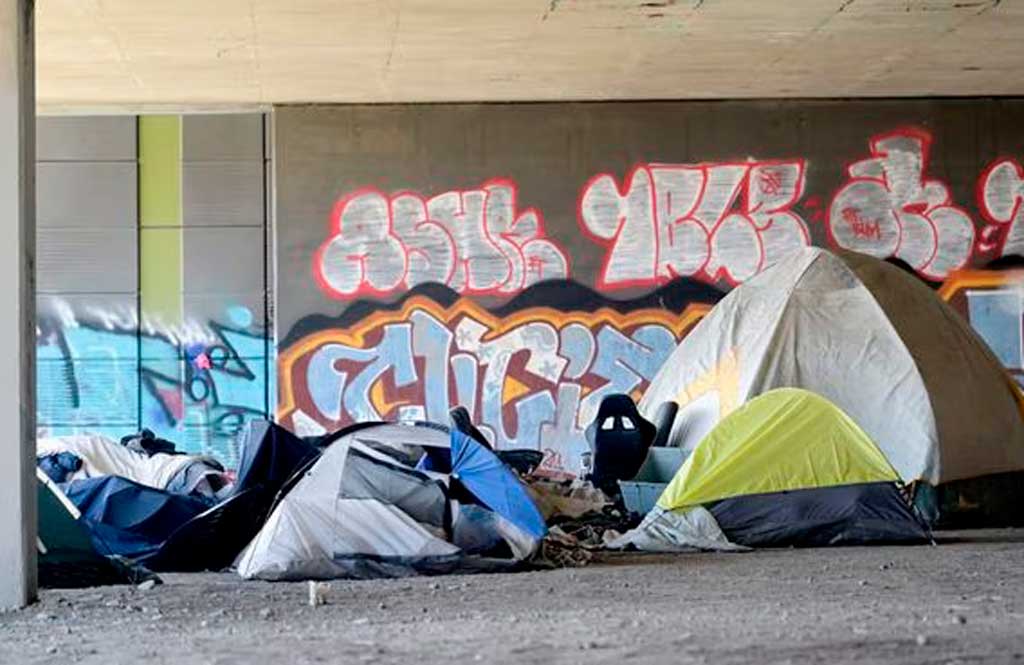In 2018, the first provincewide survey in Quebec’s history on homelessness was conducted. It found a total of 5,789 people who were “visibly” homeless.
In 2022, that number jumped to 10,000. Nearly half of those people, 4,690, were living in Montreal.
The data was compiled in a report commissioned by the Ministry of Health and Social Services, which is expected to make it public Thursday afternoon.
The survey, conducted over two days in October last year, compiled data from 13 regions of Quebec. In most regions, a host of outreach workers and more than 1,000 volunteers were recruited to canvas places like streets, alleys and parks.
Officials who conducted the survey stress the total number of people experiencing homelessness is likely far higher, once the so-called “hidden homeless” — those without a permanent address who aren’t necessarily living on the street — are taken into account.
Similar to the findings from the 2018 survey, the report found Indigenous people and members of the LGBTQ community are disproportionately represented among Quebec’s homeless population.
13% of those surveyed identified as Indigenous — five times more than in the general population.
The report also points to the shortage of affordable housing as a reason for the increase in homelessness.
In response to Quebec’s growing homeless population, Lionel Carmant, Quebec’s minister responsible for social services, is expected to announce a $20-million investment for shelters.
However, housing advocates say that’s not enough.
The Réseau d’aide aux personnes seules et itinérantes de Montreal (RAPSIM), a community group that provides services for the homeless, says Montreal alone needs at least $40 million just to maintain the 1,600 spots in shelters that already exist.
pll/ro/adr









